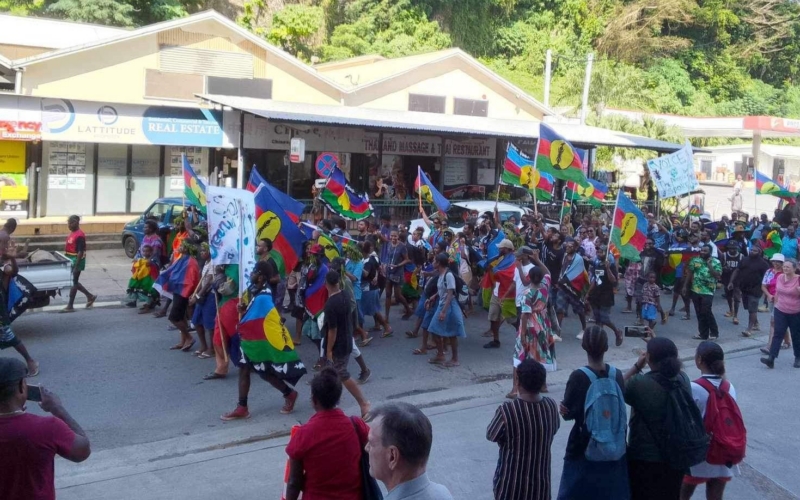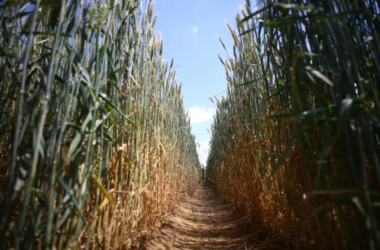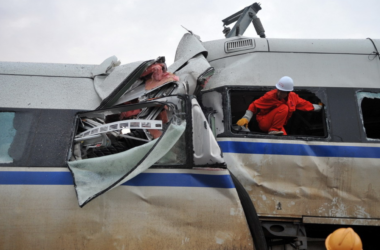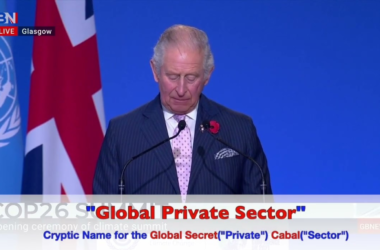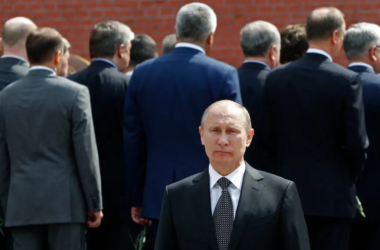In the South Pacific territory of New Caledonia, an uneasy stalemate prevails following violent protests against French rule, reflecting long-standing tensions and recent provocations. The territory, a French possession for over 170 years, has seen renewed unrest, driving it to the brink of civil conflict.
For nearly three weeks, protesters have blockaded the police station in Hienghene, a remote town in New Caledonia. A few dozen demonstrators maintain the blockade, rotating to keep watch. Chalked on the access road are the names of three prominent French politicians, including the president, labeled as “Assassins.”
The protests, which erupted into violence last month, resulted in seven deaths, numerous injuries, and extensive economic damage. Businesses have reported losses amounting to hundreds of millions of dollars.
In response to the escalating violence, France deployed thousands of armed police to the territory and President Emmanuel Macron made an unplanned visit. Measures included a days-long state of emergency, the closure of the main airport, and a ban on TikTok. While many of these restrictions have been lifted, including the state of emergency and airport closure, the French authorities continue to enforce a nightly curfew and a ban on alcohol sales. Meanwhile, Kanak protesters maintain their barricades on the outskirts of Noumea and in remote towns like Hienghene.
Tensions between New Caledonia’s indigenous Kanak population and French authorities have simmered since the civil war of the 1980s. The latest wave of protests has its roots in a recent proposal by President Macron to add thousands of French migrants to New Caledonia’s electoral rolls. Macron presented this as a step toward fuller democracy; however, many Kanaks view it as a betrayal of a longstanding peace agreement and fear it would diminish their chances of winning independence in any future referendum.
New Caledonia’s strategic importance has grown due to its vast nickel reserves and geopolitical position in the Pacific, where China’s influence is rising. Loyalists to France argue that an independent New Caledonia could be vulnerable to Chinese sway.
Protesters in Hienghene have symbolically “imprisoned” the police in their station, as explained by Jonas Tein, a protester. They aim to make the authorities experience confinement similar to what they allege Kanaks endure in French jails. Despite efforts to maintain calm, the harsh response from French police has intensified some protesters’ resolve.
Efforts to resolve the standoff include negotiations involving pro-independence and loyalist parties, alongside French civil servants. Yet, progress remains slow, and the situation is tense, with further violence a looming risk.
The unrest has severely disrupted daily life for many residents, particularly white settlers, who express feelings of insecurity and abandonment by the French government. Supply chains have been cut off in some areas, making access to essentials difficult.
Adrian Muckle, a history professor, noted that the recent turmoil has demonstrated the independence movement’s ability to disrupt the territory’s economy significantly. This capability poses a challenge for France’s continued governance without accommodating the aspirations of the pro-independence movement.
Residents like Lizzie Carboni, who live in areas heavily patrolled by armed police, are considering leaving the territory. Reports of threats and unrest have led many to contemplate their future in New Caledonia, with some seeking migration options.
The recent violence, although less deadly than the civil war of the 1980s, has inflicted significant damage and unrest, particularly in Noumea. Investigations into multiple violent incidents are ongoing, with reports of attacks on both Kanak protesters and French police, including two fatalities among the officers.
With the current curfew and restrictions, and barricades still in place, New Caledonia remains in a state of tension. The complex interplay of strategic interests, historical grievances, and recent political moves suggests that resolving the conflict and restoring confidence among the population will require careful negotiation and substantial compromise.
As New Caledonia navigates this period of uncertainty, the challenge remains for both local leaders and French authorities to address the root causes of discontent and find a path forward that ensures stability and respect for all communities involved.




